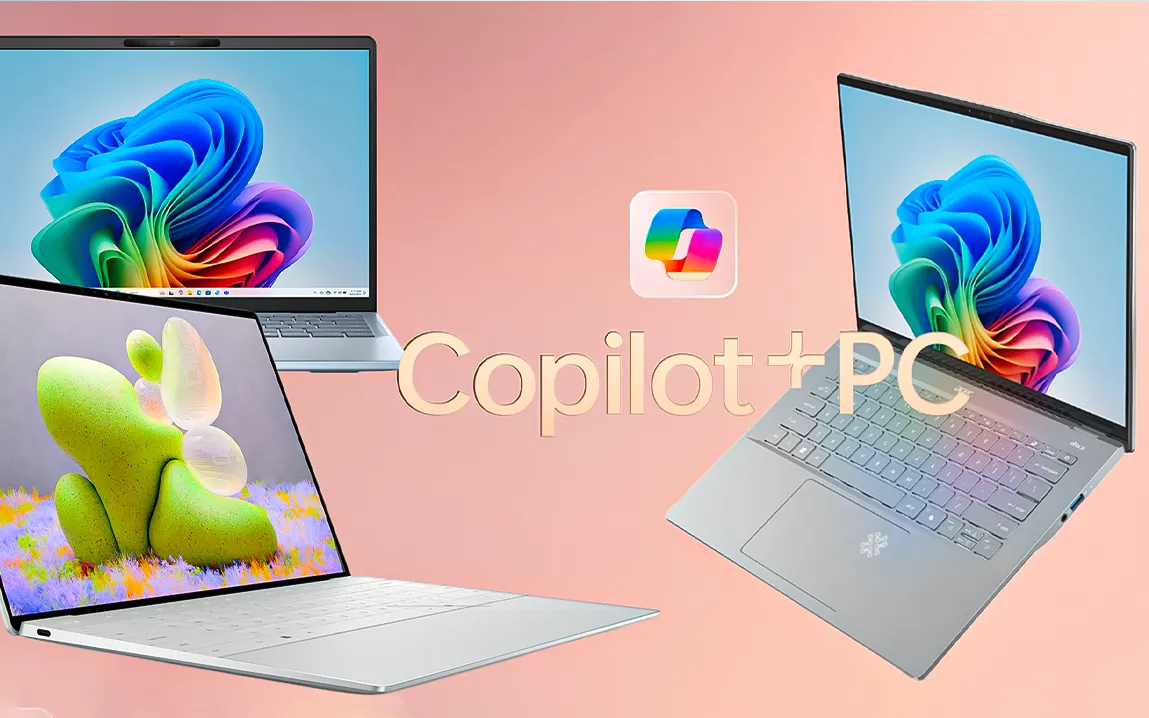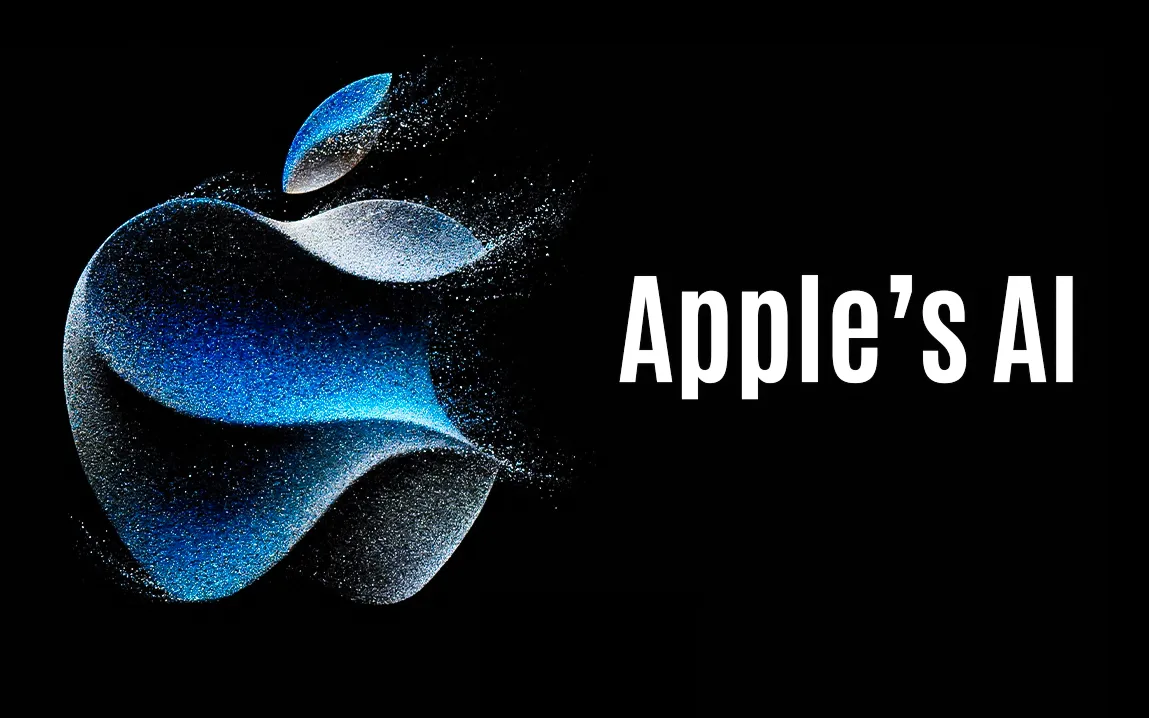Microsoft is expanding its artificial intelligence (AI) capabilities to Copilot+ PCs with Intel and AMD chips, a key move towards extending advanced AI software to more types of devices. The features have previously only been available on machines with Qualcomm chips.
Among the best features now made available is “Live Captions,” which captions audio in English subtitles in real-time from numerous languages. This feature is useful for promoting greater accessibility and communication, particularly within multilingual environments.
Another aspect of this, the “Cocreator” in Paint software, provides functionality for users to create images out of text descriptions in collaboration with their hand-drawn creations, making design a more simplified and creative process. This was at first confined to Qualcomm-powered devices but has been extended to Intel and AMD-driven Copilot+ PCs.
The newest Windows 11 update also introduces improvements to the Photos app, including an AI image editor and generator. These features allow users to edit and create photos with more ease and accuracy, taking advantage of AI capabilities to simplify complicated processes.
Microsoft is also piloting “Recall,” an AI capability that takes screenshots of user activity on a Copilot+ PC and enables quick search and recovery of previous actions. Though the feature is being tested right now on Intel and AMD PCs, there is no timeline provided for its overall availability.
Accessibility-wise, Microsoft has revised “Voice Access,” a tool that allows users to control their PCs with voice commands. First released on devices from Qualcomm, the revised version offers more descriptive and variable use of language. It also features the ability to translate 27 languages into Simplified Chinese. Microsoft is set to roll out these updates to Intel and AMD devices later this year.
The rollout of these AI capabilities fits into Microsoft’s overall vision for Copilot+ PCs, which are meant to provide high-performance computing with distinct AI capabilities. These PCs have high-end processors, such as the AMD Ryzen AI 300 series and Intel Core Ultra 200V series, which feature neural processing units (NPUs) that can handle more than 40 trillion operations per second.
This hardware allows for effective processing of AI work like real-time translations and picture generation. By making AI capabilities more widely available on various hardware platforms, Microsoft seeks to offer users a more flexible and capable computing experience irrespective of the underlying processor type. This effort illustrates the company’s focus on putting AI into mainstream computing so that it boosts productivity, creativity, and accessibility for global users.



